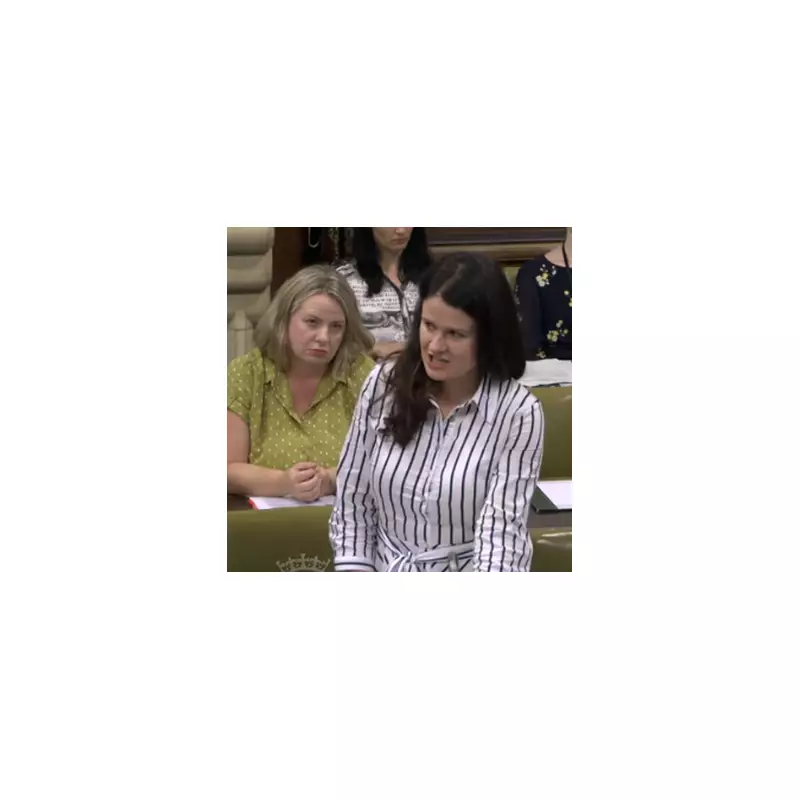
In a fiery session in the House of Commons, a Tory MP has branded the popular content platform OnlyFans the 'world's biggest pimping operation', igniting a fierce debate on online exploitation and the efficacy of new internet safety laws.
Miriam Cates, the Conservative MP for Penistone and Stocksbridge, launched the astonishing broadside during a discussion on the implementation of the Online Safety Act. She argued that the platform, while operating within a legal grey area, systematically preys on vulnerable women and is intrinsically linked to a rise in human trafficking and sexual exploitation.
'A Business Model Built on Exploitation'
Cates did not hold back in her condemnation, stating the platform's very structure is designed for abuse. 'OnlyFans is not an empowering place for women to make money,' she asserted. 'It is the world's biggest pimping operation. It is a place where women are exploited, where they are coerced, and where they are trafficked.'
Her central argument hinged on the claim that the platform's business model, which takes a 20% commission from creator earnings, mirrors that of a pimp, profiting directly from the sale of intimate content.
Challenging the Online Safety Act
The MP's explosive comments were made in the context of scrutinising the government's flagship Online Safety Act. Cates expressed deep scepticism that the new legislation would be capable of reining in platforms like OnlyFans, suggesting that its legalistic framework is ill-equipped to handle the nuanced realities of exploitation and coercion in the digital age.
She called for a more robust and fundamental re-evaluation of how such platforms are regulated and permitted to operate, implying that current measures merely scratch the surface of a deeply entrenched problem.
A Wider Cultural Concern
Beyond the immediate legal and regulatory concerns, the MP framed the issue as a societal crisis. She drew a direct line from the normalisation of platforms like OnlyFans to a broader 'sexual revolution' that she believes has had devastating consequences for the safety and dignity of women and children.
The debate underscores the growing tension between rapidly evolving digital economies, freedom of expression, and the urgent need to protect vulnerable individuals from online harm. As Parliament grapples with these challenges, the criticism from within its own ranks signals a contentious road ahead for the enforcement of the Online Safety Act.





